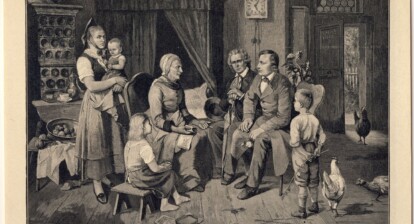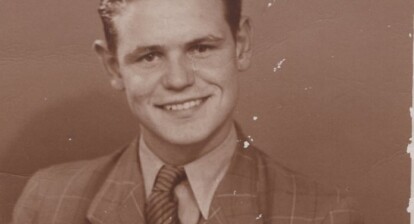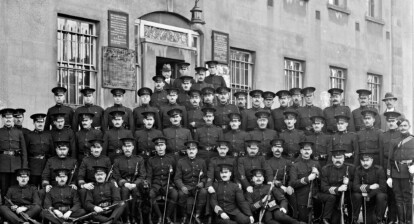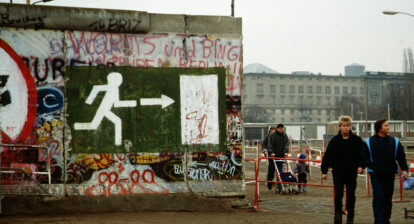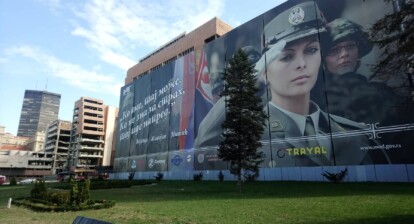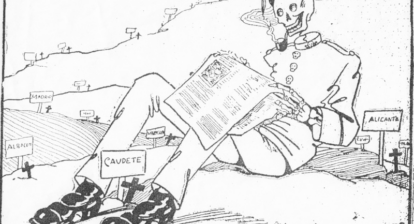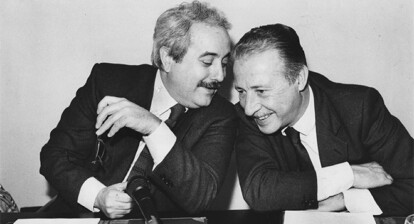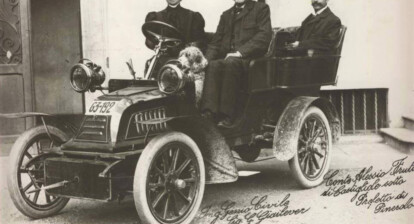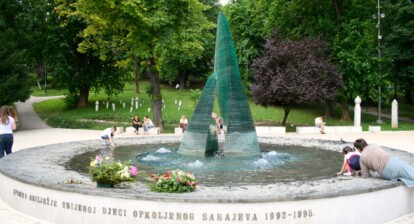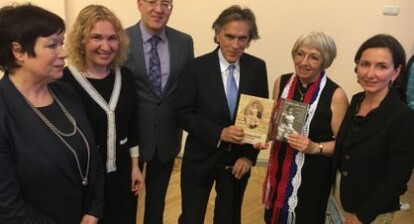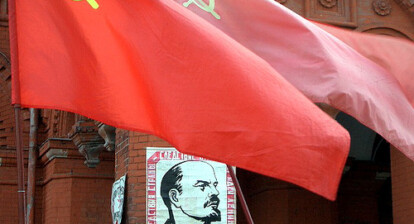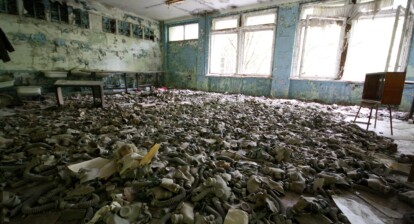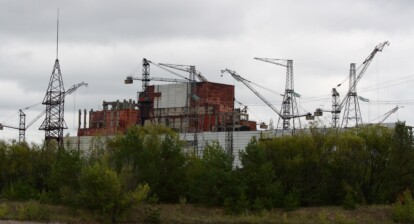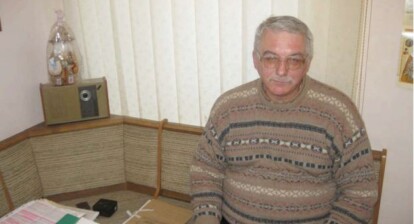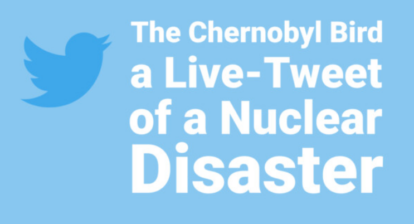… Years After
The end of War, the beginning of revolution, a natural catastrophe or the signing of an international agreement – there are certain events and dates that shape the development of history. 25, 30 or even 100 years after,we look back and see how the events and their remembrance impact the present.
Created by Chance: Informal Gatherings Between Magic and Horror
Some events and developments in European history are the result of pure spontaneity. Members of the EUSTORY History Campus editorial team traced this question and pondered the impact of chance on shaping the world around... (more)
100 Years After: How we Remember the Perpetrators of Bloody Sunday
100 years after Bloody Sunday, there is still much controversy surrounding the perpetrators of that terrible day and whether the Irish should be remembering them. Neasa talks about the British police and military forces,... (more)
Where Were You When… The Transition of 1989 Took Place in Europe?
Where were you when the transition took place in Europe in 1989? Trixi from Germany spoke to four EUSTORY organisers who share their personal stories of how they experienced the transition.
20 Years After Bombing of Serbia: A Void in Architecture and in Our Minds
Milena from Serbia takes us to Belgrade and shows a building that is aptly described as "void" and what it tells us about the spring of 1999, when Belgrade was bombed.
100 Years After: The Name of Death
It was one of the biggest pandemics of all time. It is said to have killed millions by spreading on all inhabited continents within just one year – the Spanish flu caused fear and despair all over the world. But how is i... (more)
Heroes of Freedom – an Important Anniversary in the Fight Against Mafia
Mafia has always been a strong presence in the Italian country. Some Italians, instead of accepting the situation, raised their head and proved that Mafia can be defeated with a constant fight for legality. Among them we... (more)
Licensed Women: Ernestina Macchia Prola and the Right to Drive
Imagine you cannot go anywhere without supervision. If someone else decides for you where you can go and where you cannot go and thus, which activities you can participate in. This was the reality for women in Europe 100... (more)
More Freedom of Choice or a Vacuum of Values?
25 years after the collapse of the Soviet Union, Anna from Moscow finds herself caught in the middle of a heated debate in her family: the life during the Soviet Union - lack of personal freedom or a system of security a... (more)
“People Were Afraid to Shake our Hands”
What does the tragic accident of Chernobyl still means for us today? Elena takes a deeper look into the current impact.
The Shadow of Chernobyl in Ukraine – From Secrets to Facts
After 30 years still, the tragedy of the Chernobyl Nuclear Power Plant shows an impact throughtout the decades.
Tents, Silence and Orange Masks – the Memories of a Chernobyl Liquidator
Thousand of men were conscripted into the Chernobyl area to “liquidate” the released radiation. Vsevolod was one of them and remembers.
The Chernobyl Bird / A Live-Tweet of a Nuclear Disaster
If the Chernobyl Catastrophe happend today - this is how we imagine a Twitter-feed might look like.
- 1
- 2

